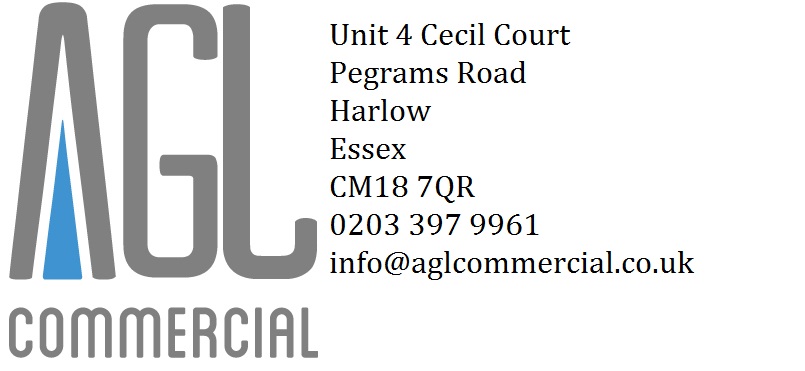Information
-
Site conducted
-
Principle contractor site Manager
-
AGL Project Manager for this site
-
Toolbox talk carried out by
-
Toolbox talk carried out on
-
Location
Stress Awareness and Support
-
Section 1: Causes of Stress at Work
Stress is a common issue that can affect anyone, and it's crucial to recognise its potential causes in the workplace. The six main areas leading to work-related stress are:
• Demands: Feeling unable to cope with job demands.
• Control: Perceived lack of control over work tasks.
• Support: Insufficient information and support.
• Relationships: Issues with colleagues, including bullying.
• Role: Uncertainty about roles and responsibilities.
• Change: Disengagement during periods of organisational change.
• Understanding these factors helps in managing stress effectively.
Section 2: Signs of Stress
Recognising the signs of stress, both in teams and individuals, is crucial for early intervention. These signs include:
In Teams:
• Arguments
• Higher staff turnover
• Increased reports of stress
• Elevated sickness absence
• Decreased performance
• More complaints and grievances
In Colleagues:
• Increased time off
• Late arrival for work
• Increased nervousness or twitchiness
• Mood swings
• Withdrawn behaviour
• Loss of motivation, commitment, and confidence
• Acting early can mitigate the impact of stress, and colleagues should encourage affected employees to seek professional advice if needed.
Section 3: Help We Offer
For Workers:
Recognising and addressing stress is a shared responsibility. If you find yourself experiencing signs of stress, it is of utmost importance to reach out for support. Your well-being is a priority, and your openness about your struggles is valued.
If you sense changes in your thoughts, feelings, or behaviours, such as negativity, indecision, isolation, nervousness, or difficulty concentrating, consider confiding in someone you trust. Your manager is here to listen and support you.
Initiating a conversation as soon as possible provides an opportunity for timely intervention, preventing the situation from escalating. If the stress is stemming from interactions with your line manager, be aware of the policies in place to address such situations. Alternatively, seek guidance from:
• Management
• Supervisors
• Other colleagues
• General Practitioner (GP)
It's important to acknowledge that discussing stress at work can be challenging due to existing stigmas. However, stress is not a sign of weakness; it can affect anyone. Your well-being matters, and seeking help is a courageous step toward maintaining a healthy work-life balance.
AGL Commercial
AGL Commercial has a legal responsibility to conduct and communicate the findings of any stress-related risk assessments. We are embracing methodologies such as the HSE's Management Standards to assist us in pinpointing and effectively addressing the root causes of workplace stress. This proactive approach underscores our commitment to ensuring a healthy and supportive work environment for all.
Remember, we all play a role in creating a supportive and stress-aware work environment. If you have concerns or need assistance, don't hesitate to reach out. Your well-being matters to us. -
Toolbox talk complete?
-
Now go to section "Toolbox talk attendee register"
Toolbox talk attendee register
-
Toolbox talk attendees -
Engineer -
-
Have you fully understood this toolbox talk?
-
Please report to your supervisor to discuss your concerns.
-
Name of engineer -
-
Signature -







